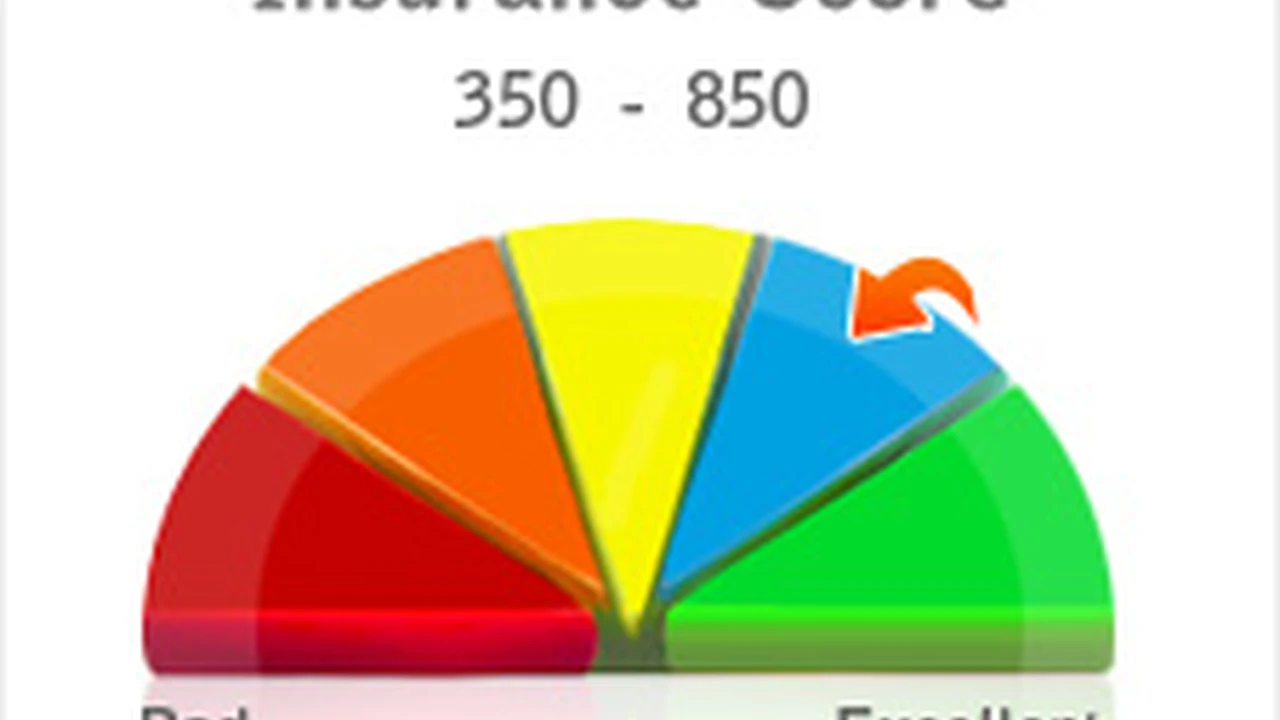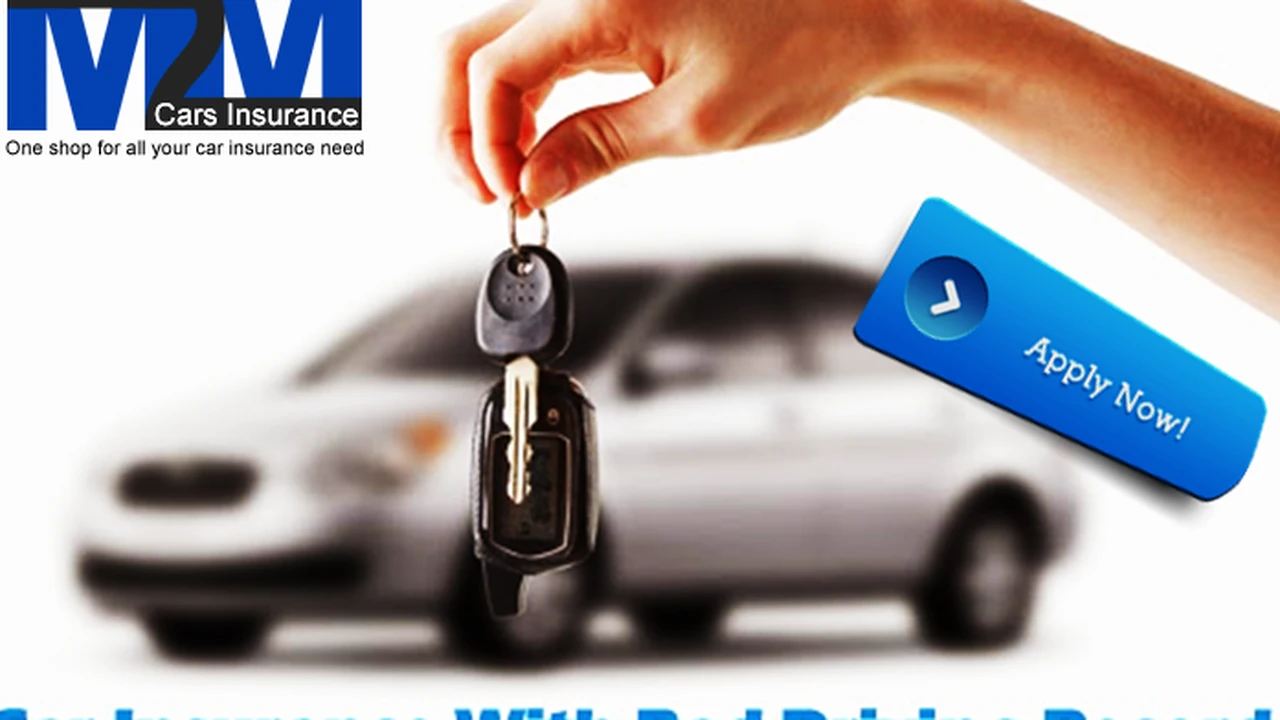7 Best Ways to Find Affordable Car Insurance in [State Name]

Understanding [State Name] Minimum Car Insurance Requirements and Why They Matter
Okay, let's talk car insurance in [State Name]. It's probably not your favorite topic, but it's a must, and understanding the basics can save you a ton of cash. First things first, [State Name], like almost every other state, has minimum liability insurance requirements. This is the *bare minimum* you need to legally drive on the road. Think of it as your "get out of jail (or at least a lawsuit) free" card. Ignoring this isn't just illegal; it's financially risky.
So, what are those minimums in [State Name]? You'll usually see them written like this: X/Y/Z. For example, let's say [State Name]'s minimums are 25/50/25. That means:
- X ($25,000): This is the bodily injury liability coverage *per person*. If you cause an accident and someone gets hurt, your insurance will cover up to $25,000 in medical bills for *one* person.
- Y ($50,000): This is the bodily injury liability coverage *per accident*. So, if multiple people are injured in the same accident you caused, your insurance will cover up to $50,000 total for all injuries.
- Z ($25,000): This is the property damage liability coverage. This covers damage to someone else's car or property (like a fence or building) that you cause.
Now, here's the kicker: those are *minimums*. They might not be enough. Imagine causing a serious accident with multiple injuries. $50,000 can disappear *fast*. If your insurance doesn't cover the full cost, *you're* on the hook. Seriously consider higher coverage limits – it's usually surprisingly affordable and provides way more peace of mind. We will explore how to find the right coverage later on.
Shop Around Online for Cheap Car Insurance Quotes in [State Name]
This is the golden rule of saving money on car insurance: shop around! Don't just stick with the first quote you get. Websites like QuoteWizard, The Zebra, and NerdWallet allow you to compare quotes from multiple insurance companies at once. It only takes a few minutes, and the potential savings can be huge. You're essentially letting the insurance companies compete for your business. Why *wouldn't* you do that?
The key here is to enter accurate information. Don't fudge your driving record or underestimate your mileage. Inaccurate information will lead to inaccurate quotes, and you'll be disappointed when the actual premium is higher. Be prepared to provide information like your:
- Age
- Driving history (accidents, tickets)
- Vehicle make and model
- Annual mileage
- Coverage preferences
Pro-tip: Check smaller, regional insurance companies too. Sometimes they offer better rates than the big national brands. Don't be afraid to Google "[State Name] car insurance companies" and see what pops up. You might find a hidden gem.
Increase Your Car Insurance Deductible and Save Money in [State Name]
Your deductible is the amount you pay out-of-pocket before your insurance kicks in. The higher your deductible, the lower your premium. Think of it like this: you're taking on more of the risk yourself, so the insurance company charges you less. It's a trade-off, but it can be a smart one if you're a careful driver.
Consider raising your deductible from, say, $500 to $1000. You might be surprised at how much that can lower your monthly premium. Just make sure you have enough savings to cover that deductible if you do have an accident. You don't want to be caught short.
However, this strategy isn't for everyone. If you are prone to accidents or don’t have a solid emergency fund, a lower deductible might be a better option. Weigh the potential savings against your risk tolerance and financial situation.
Bundle Your Car Insurance with Homeowners or Renters Insurance in [State Name] for Discounts
Many insurance companies offer discounts if you bundle your car insurance with other policies, like homeowners or renters insurance. It's a way for them to keep more of your business, and it can save you a significant amount of money. If you already have homeowners or renters insurance, check with that company to see if they offer a bundling discount for car insurance. If not, shop around and see if you can find a better deal by bundling with a different company.
This is a classic win-win situation. The insurance company gets more of your business, and you get a lower overall rate. It's especially beneficial if you're already happy with your current homeowners or renters insurance provider. It's a simple phone call to see what they can offer.
Take Advantage of Car Insurance Discounts in [State Name] You Might Qualify For
Insurance companies offer a ton of different discounts, and you might be surprised at how many you qualify for. Here are a few common ones:
- Good Student Discount: If you're a student with good grades, you can often get a discount.
- Safe Driver Discount: If you have a clean driving record, you'll definitely qualify for this one.
- Low Mileage Discount: If you don't drive much, you can get a discount.
- Vehicle Safety Features Discount: If your car has safety features like anti-lock brakes or airbags, you can get a discount.
- Affiliation Discounts: Some insurers offer discounts to members of certain professional organizations, alumni associations, or even employers.
- Military Discount: If you're a member of the military, you can often get a discount.
Be sure to ask your insurance company about all the discounts they offer. You might be leaving money on the table without even realizing it. Don't be shy – it's their job to help you find the best possible rate.
Improve Your Credit Score to Get Better Car Insurance Rates in [State Name]
Did you know that your credit score can affect your car insurance rates? It's true! Insurance companies use your credit score to assess your risk. A good credit score indicates that you're responsible and likely to pay your bills on time, which makes you a lower risk to insure. A bad credit score, on the other hand, suggests that you're more likely to file a claim.
Improving your credit score takes time and effort, but it's worth it in the long run. Here are a few tips:
- Pay your bills on time.
- Keep your credit utilization low (the amount of credit you're using compared to your total credit limit).
- Check your credit report for errors and dispute them.
While this isn’t an immediate fix, improving your credit score can lead to significant savings on your car insurance premiums over time. It's a long-term investment in your financial health.
Consider Usage-Based Car Insurance Programs in [State Name]
Usage-based insurance (UBI) programs track your driving habits and adjust your premiums accordingly. These programs use a device installed in your car or a mobile app to monitor things like:
- Speed
- Hard braking
- Acceleration
- Mileage
- Time of day you drive
If you're a safe driver, you can save a lot of money with UBI. However, if you have a habit of speeding or hard braking, your rates could actually go up. These programs aren't for everyone, but they're worth considering if you're confident in your driving skills.
Companies like Progressive (Snapshot), Allstate (Drivewise), and State Farm (Drive Safe & Save) offer popular UBI programs. Read the fine print carefully before signing up to understand how your driving data will be used and how it will affect your rates.
Specific Product Recommendations and Comparisons for [State Name] Drivers
Okay, let's get down to brass tacks. Here are a few specific car insurance products to consider in [State Name], along with some comparisons:
1. Progressive: A Solid All-Around Choice
Product: Progressive offers a wide range of coverage options, including liability, collision, comprehensive, and uninsured/underinsured motorist coverage. Their Snapshot program is a popular UBI option.
Use Case: Ideal for drivers who want a comprehensive policy and are comfortable with usage-based pricing. Good for families and individuals alike.
Comparison: Progressive often offers competitive rates, especially for drivers with good credit and clean driving records. Their online quote tool is easy to use.
Pricing: Varies widely based on individual factors, but expect to pay around $80-$150 per month for a standard policy with decent coverage.
2. State Farm: A Reliable Option with Local Agents
Product: State Farm is known for its strong customer service and extensive network of local agents. They offer a variety of coverage options, including their Drive Safe & Save UBI program.
Use Case: Best for drivers who prefer to work with a local agent and value personalized service. Good for those who want a traditional insurance experience.
Comparison: State Farm's rates are often slightly higher than Progressive's, but their customer service is generally considered to be superior.
Pricing: Expect to pay around $90-$160 per month for a standard policy with good coverage.
3. GEICO: A Budget-Friendly Choice
Product: GEICO is known for its low prices and aggressive advertising. They offer a full range of coverage options, but their customer service isn't always as highly rated as Progressive or State Farm.
Use Case: Ideal for drivers on a tight budget who are comfortable managing their policy online.
Comparison: GEICO often offers the lowest rates, but be prepared to potentially sacrifice some customer service quality.
Pricing: Expect to pay around $70-$140 per month for a standard policy with decent coverage.
4. Allstate: Offers Unique Coverage Options
Product: Allstate provides a diverse selection of policies, and is known for its Drivewise program that promotes safer driving.
Use Case: Best for those who want a company that rewards safe driving, and are comfortable with technology tracking their habits.
Comparison: Allstate is competitive with Progressive and State Farm. They can be a good option for many drivers.
Pricing: Expect to pay around $85-$155 per month for a standard policy with good coverage.
Product Comparison Table
| Company | Pros | Cons | Ideal For | Approx. Monthly Cost |
|---|---|---|---|---|
| Progressive | Competitive rates, UBI program | Customer service can be inconsistent | Tech-savvy drivers, good credit | $80-$150 |
| State Farm | Excellent customer service, local agents | Rates can be slightly higher | Those who prefer personal service | $90-$160 |
| GEICO | Lowest rates | Customer service can be lacking | Budget-conscious drivers | $70-$140 |
| Allstate | Rewards safe drivers | Can be pricier than other options | Safe drivers | $85-$155 |
Important Note: These are just estimates. Your actual rates will vary based on your individual circumstances. Always get quotes from multiple companies to find the best deal for you.
Staying Informed About Changes in [State Name] Car Insurance Laws
Car insurance laws and regulations can change, so it's important to stay informed. Follow local news outlets, insurance industry publications, and the [State Name] Department of Insurance for updates. This will help you ensure you always have the coverage you need and are compliant with the law.
By following these tips, you can find affordable car insurance in [State Name] without sacrificing coverage. Good luck, and drive safe!
:max_bytes(150000):strip_icc()/277019-baked-pork-chops-with-cream-of-mushroom-soup-DDMFS-beauty-4x3-BG-7505-5762b731cf30447d9cbbbbbf387beafa.jpg)






